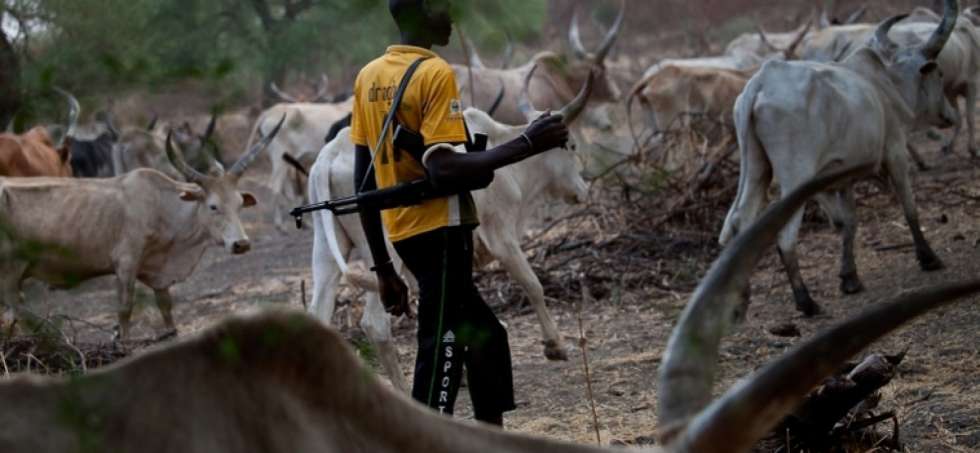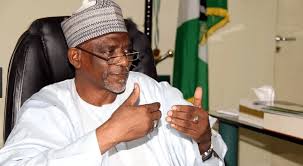Nigerien President Mahamadou Issoufou has opened up on the core factors fueling land related violence and endless killings across bordering countries of the desert threatening countries in the African Sahelian region including his country, Nigeria and others.
Speaking at the United Nations General Assembly (UNGA) during his address of the meeting of the Climate Commission for the Sahel Region, he said the region’s 250 million people are struggling with drought, desertification and other impacts of climate change.
“The situation in the Sahel has global stakes, and it requires a global response,” said Issoufou.
He revealed Niger’s farmers lose 100,000 hectares of arable land every year, said Issoufou, as unpredictable rainfall, extreme temperatures and droughts are drying up watering holes that livestock herders relied upon, thus encouraging downward movement where farming settlements become a semi-war front at the end.
Business Hilights recalls that in the last couple of years especially since after the 2015 elections, fatal clashes between farmers who are mainly landowners and marauding Fulani herdsmen had recorded unprecedented number of deaths and displacements of original landowners.
Issoufou added that “It’s always possible to reverse the trend and reverse those challenges, but that requires adaptive efforts that are sustainable and collective action with the help of our partners.”
The coast-to-coast Sahel belt stretches from the Atlantic Ocean to the Red Sea, passing through Senegal, Mauritania, Mali, Burkina Faso, Algeria, Niger, Nigeria, Cameroon, Chad, Sudan, Eritrea, and other African countries.
Corroborating Nigerien President, the UN secretary-general Antonio Guterres said the Sahel’s population contributes very little to climate change and yet it “suffers the most” from rising temperatures and unpredictable rainfall.
“Famers and breeders who used to live in harmony now fight against each other for lands that are more and more reduced and this is making an unstable situation even worse,” said Guterres.
“Fights between communities are getting worse and give way to a lot of death and the displacement of populations.”
Also contributing in a written statement, the President of the African Development Bank, Dr. Akinwumi Adesina called the Sahel the “frontline of Africa’s battle against climate change.”
According to him, “In Africa, we have millions of farmers suffering from the devastating impact of drought in the Sahel. It is not just their livelihoods that are at stake, but their communities, but their ways of life, “Adesina said, calling for financial interventions to face up to this critical challenge of our time.”









